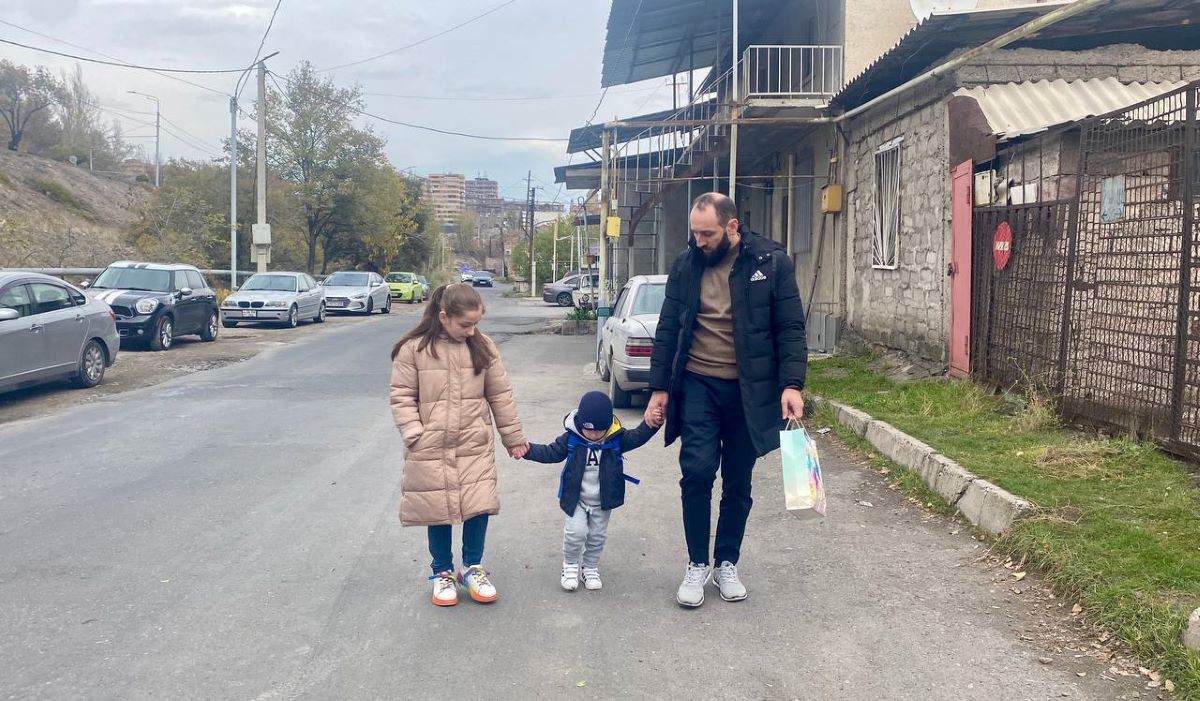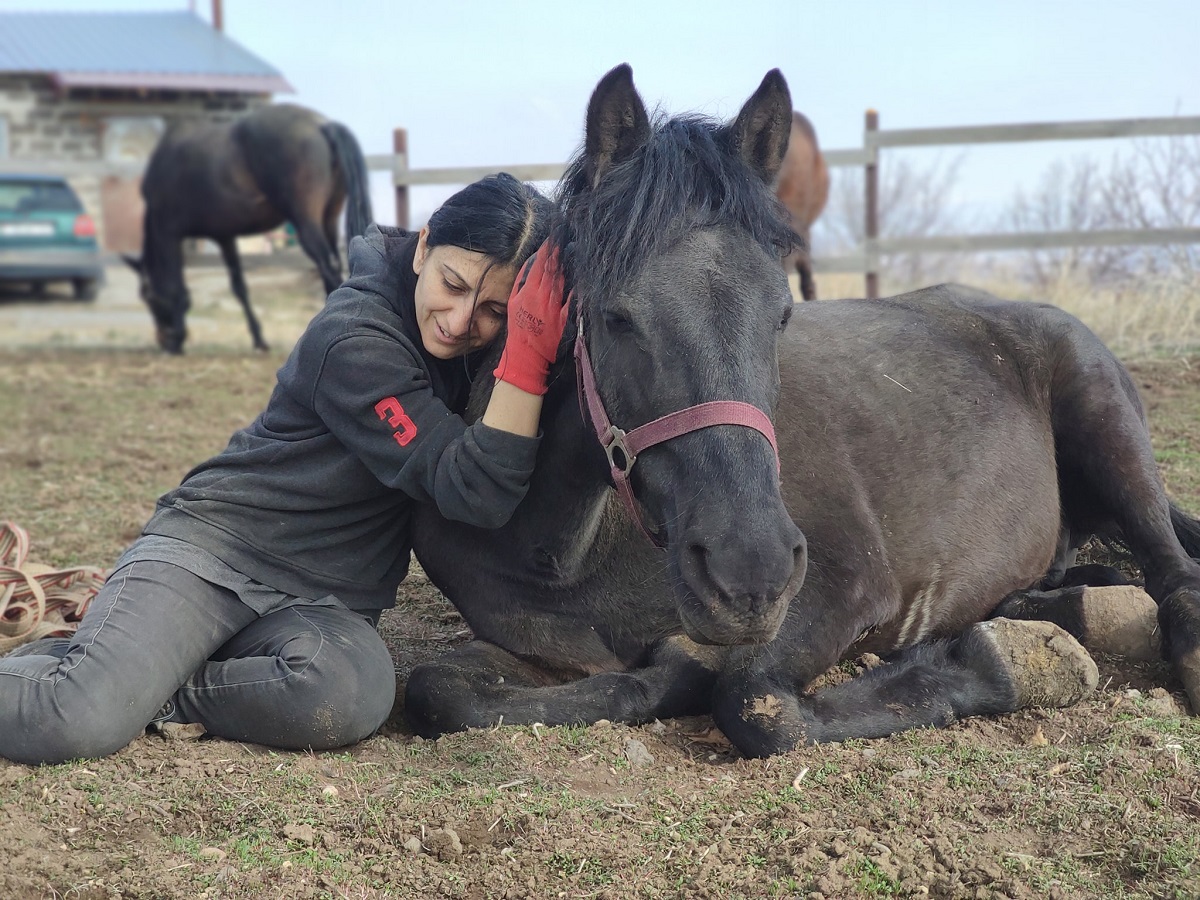Day: September 20, 2024

Nannies in Armenia
The search for nannies in Armenia has become a highly discussed and pressing issue for many mothers. Most seek help through friends and relatives, believing this to be the most reliable method. Nannies are also found through specialized Facebook pages. After desperate attempts to find their “dream nanny,” some mothers post ads on their personal social media profiles.
In recent years, women have been eager to return to work after maternity leave to avoid missing out on career advancement and to address family financial issues. Although private daycare centers offer care for children starting at one year old, sometimes even from six months, not all mothers are willing to entrust their little ones to them. Most families prefer to find a nanny who will care exclusively for their child.
When a family no longer needs a nanny’s services and shares this online while recommending her, the nanny quickly finds new work. This allows the mother of the child she starts caring for to return to work more peacefully, relying on the positive feedback from the previous family.
- 10 thousand families with children received housing assistance in Armenia
- Birth rate growth in Armenia: Assessments of experts and citizens
- Selective abortion in Armenia
How I became a nanny
Mane has ten years of experience as a nanny, having worked for three different families, primarily caring for children under three years old.
“I’m a philologist by profession, and children are my weakness. When I turned 55, I decided to leave teaching. Since I don’t have children of my own and didn’t expect to have grandchildren, I spent time with kids in parks. If parents agreed, I would entertain their children,” she explains.
According to Mane, during one of her park visits, a child’s mother asked if she would care for her little one so she could return to work.
“I was surprised and said I had no experience as a nanny. But she insisted, saying it would be enough for me to spend a few days with her child while she was present. Then she could decide whether to hire me or not.“
Mane successfully completed the trial period and began working. She later took care of the family’s second child as well. She believes that caring for someone else’s child is a significant responsibility, but if you have a special connection with children, you can manage it.
Mane loves and values her work, but she always defines the scope of her duties herself. She makes it clear to employers that she will only focus on the children—feeding, outings, and playtime.
“I always exempt myself from daily household chores. While the child sleeps, I wash their clothes, iron, prepare meals, and tidy their room and toys. Or I simply take a break. Working with children requires a lot of energy, and sometimes I need at least half an hour to catch my breath.”
Mane has turned down work when it involved combining child care with household tasks—even for extra pay. She believes that if a parent can afford it, they should hire a cleaner separately.
“It’s not that I can’t do it; I’m fundamentally against combining responsibilities. As you age, you tire more quickly. In child care, that fatigue can lead to serious health issues. You need to take care of yourself to be able to run, sing, jump, be in a good mood, read, or create stories with the child.“
Mane emphasizes that she strives to work energetically to be satisfied with her job and to ensure the child is happy in her care. She doesn’t understand nannies who are ashamed of their work; she sees it as a “gift from God.”
Nannies in Armenia
Limited options for parents
In Armenia, most children start attending kindergarten at the age of three. There are very few public kindergartens that accept children under two years old and offer suitable conditions for their care.
A few years ago, the government introduced a financial support mechanism for families in need of nanny services. The aim of this program was to help working mothers return to active employment.
However, only a few families took advantage of the program. The issue lies in the income threshold for beneficiaries, excluding women with higher incomes from participating.
Many believe that the problem requires a “systemic approach.” Women suggest increasing the number of preschools and allowing children under two to enroll.
According to a new government decision, from the next school year, children under two will be able to attend kindergartens. In nine kindergartens in Yerevan, Gyumri, Razdan, and Vanadzor, separate groups will be established for children aged one to two. Parents will need to join a waiting list for admission.
As part of this pilot program, there will be nine groups for children aged one to two, with 20 spots in each group. Additionally, in Yerevan, there will be a group for children aged six to 12 months. The government plans to expand the program based on parent feedback and demand.
Nannies in Armenia
Organizations offering nanny services emerge
“Your Nanny” is one of the organizations that has begun offering nanny services. The demand is high, but it’s difficult to find suitable specialists, says director Kristine Arakelyan. This led them to organize special in-person and online courses to train professional staff.
“Training high-quality staff takes time. We teach women who come to our center and want to work as nannies the intricacies of the job. We also familiarize them with their rights. In this respect, the nanny market in Armenia is still underdeveloped. There’s a lot more to be done,” explains the director.
According to her, neither nannies nor the families hiring them have a full understanding of the job. Many assume that a nanny’s duties also include those of a housekeeper or cook.
“Nannies cannot protect their own interests, and this affects both them and the children they care for. Our goal is to help both sides draft proper employment contracts for specialists hired for this role. After nannies are employed, we maintain ongoing contact with them and the families. We’re always ready to find solutions if any issues arise,” says Kristine Arakelyan.
Thanks to this organization, families find experienced, reliable nannies to care for their children, while the nannies secure jobs with guaranteed conditions. Many who turn to the center undergo retraining. Currently, eight families are waiting for the organization to find a nanny for their children, but there are none available yet.
Kristine Arakelyan notes that the demand for nannies continues to grow. Mothers have become more specific about their requirements. The organization now has to respond to changes in the market swiftly and efficiently.
Nannies employed through the organization have clear working hours, set pay, and vacation time.
“This doesn’t mean we don’t accommodate parents’ requests. We simply find options acceptable to both sides, which are included in the employment contract,” assures the director.
Nannies in Armenia
Expectations
Minister of Education, Science, Culture, and Sports Zhanna Andreasyan recently announced that the government plans to implement a large-scale program. This initiative will include the construction, renovation, and major repairs of 500 kindergartens.
According to her, this program aims to improve conditions in early childhood education institutions and will impact more than 17,000 children. However, it remains unclear how many groups will be available for children under two years old.





